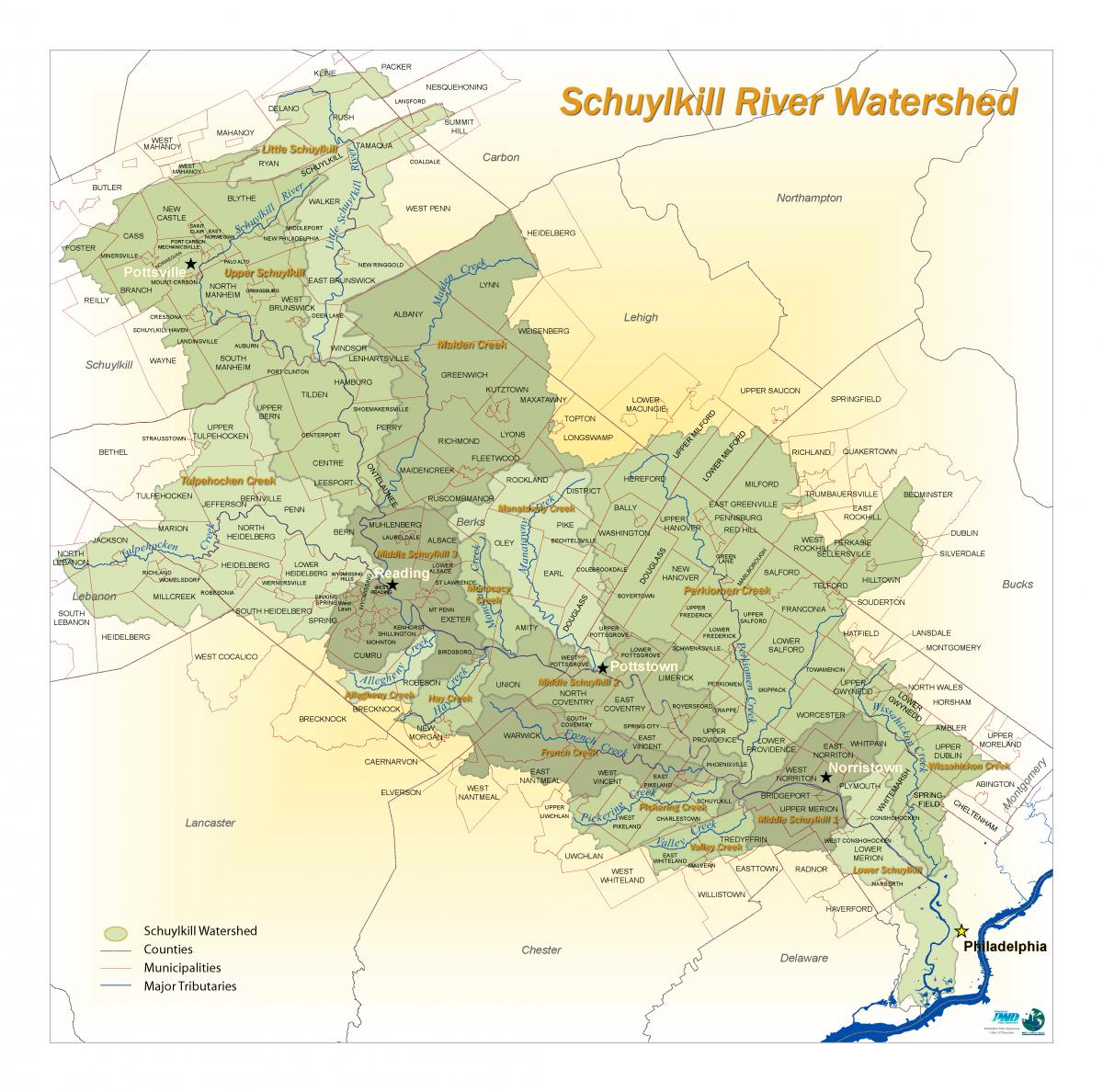Teachers and Students
Education is one of the most important tools available for protecting local water sources. Adding water conservation as a topic to the classroom improves communities now and empowers the next generation to continue change in the future. It also helps connect students to their local communities and encourages them to be creative and passionate about a topic that impacts many people.
Here a few ways that educators can bring water conservation into their classroom:
- Plan Water-Focused Field Trips - All students love field trip day! When planning your next field trip, look for local places that are involved in water conservation. This gets students excited and helps them see water conservation first-hand, which is different than learning about it in a classroom. For ideas, please see the Delaware Estuary Water Resource Guide.
- Give Students Tips They Can Do at Home - Get the students involved by giving them tips of things they can do at home to reduce their water consumption and improve water quality. Examples include:
- Turn off the faucet when brushing your teeth or washing your hands.
- Don’t let the water run!
- Take shorter showers - each minute you cut down can save two to seven gallons of water!
- Tell an adult if you notice water dripping from a faucet.
- Be on the lookout for trash and have a grown-up help you pick it up!
- Plan Conservation Projects at School - Schools all over the watershed are participating in projects to improve their school’s water footprint through the Schuylkill Action Students program. This can include planting trees, installing new stormwater practices such as rain gardens, community outreach projects, and more. Each year, SAN gives three schools Protecting Our Water or POW awards that recognize their water conservation or improvement projects.
- Talk About the Importance of Water in Class - Yes, it really can be that simple. Whether it is a short walk outside to a local stream or a children’s story about a river or an animal, the possibilities are limitless when it comes to integrating the importance of water into a school year. It is not necessary to completely change a curriculum to include water, which can be very difficult for public school teachers. A little bit of water education goes a long way! If the teachers are excited about water, then the students will be too!
Resources for Teachers and Students
- Schuylkill Action Students: Stormwater Projects Brochure
- School Campus Stormwater Guide
- Understanding the Urban Watershed (Regional Curriculum)
- Delaware Estuary Water Education Resource Guide
- Partnership for the Delaware Estuary Teacher & Student Resources
- Online resources from PA Environmental Educators Association
- "Open Your Eyes to Litter" Guides for multiple age groups in English and Spanish

